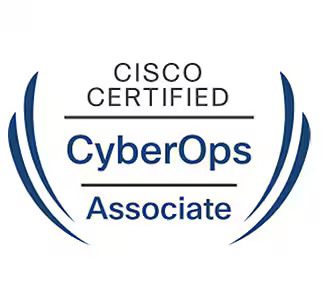
CyberOps Associate Certification
Prove your expertise in essential cybersecurity skills, concepts, and technologies, including security monitoring, analysis, and response. Launch your career in cyber operations with the Cisco Certified CyberOps Associate certification.


